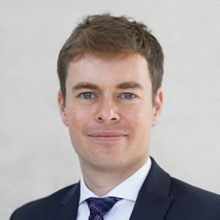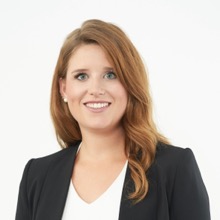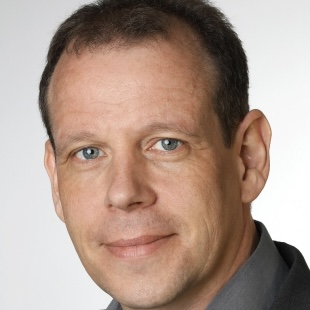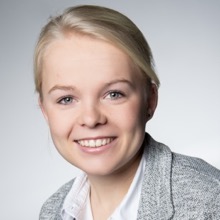The Doctoral Consortium of WI 2023 is aimed at doctoral students in business informatics or thematically related disciplines who are in the second or third year of their doctorate. The two-day workshop will take place on Sunday and Monday, September 17-18, 2023 at the Park Hotel Bad Lippspringe (www.parkhotel-lippspringe.de).
| Time | Deadline |
|---|---|
| 12.06.2023 | Submission of the abstract (synopsis) |
| 24.07.2023 | Invitation of the doctoral candidates |
| 04.09.2023 | Submission of the long version |
Application process
The basis for selection is a three-page exposé (abstract) of the dissertation project. The submitted exposés will be evaluated by the participating professors concerning the significance and justification of the research question, the scientific quality of the elaboration, the potential contribution of the applicant to the colloquium, and the potential benefit of the colloquium for the applicant. The submitters of the top 20 synopses will be invited to the Doctoral Consortium and will then be asked to submit a long version.
Guidelines for the synopsis:
- 3 pages excl. bibliography (no fixed format)
- in English
- submissions may include the name of the author and do not have to be “blind”
The submission of the exposé is also supposed to be done via the ConfTool. Here is the link to the ConfTool:
Why a submission to the Doctoral Consortium is worthwhile
The Doctoral Consortium of WI 2023 provides participating Ph.D. students with the opportunity to present their dissertation project in detail in a workshop format and to further develop it through coaching and high-quality feedback from experienced professors. Furthermore, the exchange with other Ph.D. students is encouraged.
Mentors
- Prof. Dr. Kathrin Figl, Universität Innsbruck
- Prof. Dr. Christoph Flath, Julius-Maximilians-Universität Würzburg
- Prof. Dr. Gilbert Fridgen, Université du Luxembourg
- Prof. Dr. Steffi Haag, Heinrich-Heine-Universität Düsseldorf
- Prof. Dr. Christiane Lehrer, Copenhagen Business School
- Prof. Dr. Martin Matzner, Friedrich-Alexander-Universität Erlangen-Nürnberg
- Prof. Dr. Christoph Rosenkranz, Universität zu Köln
- Prof. Dr. Stefan Smolnik, FernUniversität Hagen
- Prof. Dr. Matthias Söllner, Universität Kassel
- Prof. Dr. Manuel Wiesche, Technische Universität Dortmund

Prof. Dr. Martin Matzner
Friedrich-Alexander-University Erlangen-Nürnberg
Martin Matzner is a Professor of Information Systems and Chair of Digital Industrial Service Systems at Friedrich-Alexander University Erlangen-Nuremberg. His research areas include business process management, business process analysis, and service engineering and service management. He has published more than 90 research papers and articles in MIS Quarterly, Business & Information Systems Engineering, and IEEE Transactions on Engineering Management. He is the editor of the Journal of Service Management Research.

Sandra Zilker
Friedrich-Alexander-University Erlangen-Nürnberg
Sandra Zilker is a research associate at the Chair of Digital Industrial Service Systems at Friedrich-Alexander University Erlangen-Nuremberg. Her research interests include business process management, predictive and prescriptive process monitoring, deep learning, and machine learning.

Prof. Dr. Guido Schryen
Paderborn University
Guido Schryen is full professor of Information Systems and Operations Research at Paderborn University. His research areas include mathematical modeling, optimization and experimental analysis of decision problems in business and society. Methodologically and technologically, high performance computing and parallel optimization are of particular interests. Current areas of applied research include logistics in disaster management, electromobility, and infrastructures in the energy sector.

Miriam Stumpe
Paderborn University
Miriam Stumpe is a research associate at the Chair of Information Systems, esp. Operations Research at the University of Paderborn. In her research work, she deals with the development of optimization methods for decision support in the context of innovative mobility concepts. One focus is on the electrification of city bus networks, in particular the simultaneous optimization of the charging infrastructure and the circulation plans for electric buses. Furthermore, she also deals with issues of cab ridesharing.
